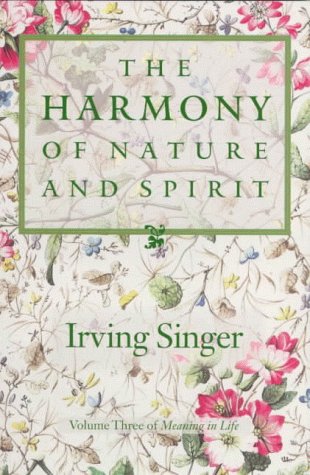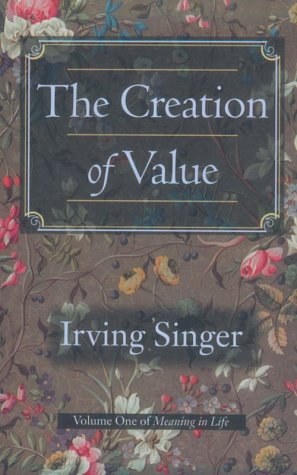Meaning in Life S.
2 total works
v. 3
Philosophical thinking has traditionally decreed that the human condition is split into two realms of being: nature and the spirit - the one physical and psychological; the other an inherently transcendent dimension that exceeds the natural. The author of this work finds the distinction unacceptable. The final book in Singer's "Meaning in Life Trilogy", argues that separating nature and the life of spirit not only precludes an understanding of how consciousness, awareness of value, and the pursuit of ideal possibilities originate in nature but also masks the discovery of how experience can be meaningful and a source of happiness. Studying the interaction between nature and spirit, the author examines the ways in which we may resolve our sense of being divided and thereby overcome the suffering in life. He speculates about concepts of happiness, play, acceptance of mere existence, and the need to live in unity with nature. The book suggests that the accord between nature and spirit, and between happiness and love, arises from an art of life that employs the same principles of imagination and idealization as those that exist in all artistic creativity.
Living the good life is an art, Singer writes, and like art in general it seeks the harmonization of meaning with consummatory happiness. It is through the meaning created by imagination and idealization, he says, that happiness and the love of life become available to us. Therein lie the aesthetic bases of ethics and religion.
Living the good life is an art, Singer writes, and like art in general it seeks the harmonization of meaning with consummatory happiness. It is through the meaning created by imagination and idealization, he says, that happiness and the love of life become available to us. Therein lie the aesthetic bases of ethics and religion.
v. 1
In clear and concise language, philosopher Irving Singer delves into questions that beset most people throughout their lives, questions that often stir painful confusion and distress, and sometimes cause agonies of doubt and despair. He considers the role of creativity in human experience leading him to distinguish between happiness and meaningfulness, and to offer challenging ideas about what would constitute a life that is "significant", important in itself and in its consequences. Even if values pass on through generations, he claims, they must be created anew by each individual. The book provides a study of the imagination, idealization, and love in the context of humanity's attempt to define itself through the pursuit of meanings and values that it creates. The author confronts life's most troubling problems: the meaning of death; the place of anxiety in daily existence; the conditions needed by us to have a life worth living; and the possibility of a love of life in others as well as in ourselves.

